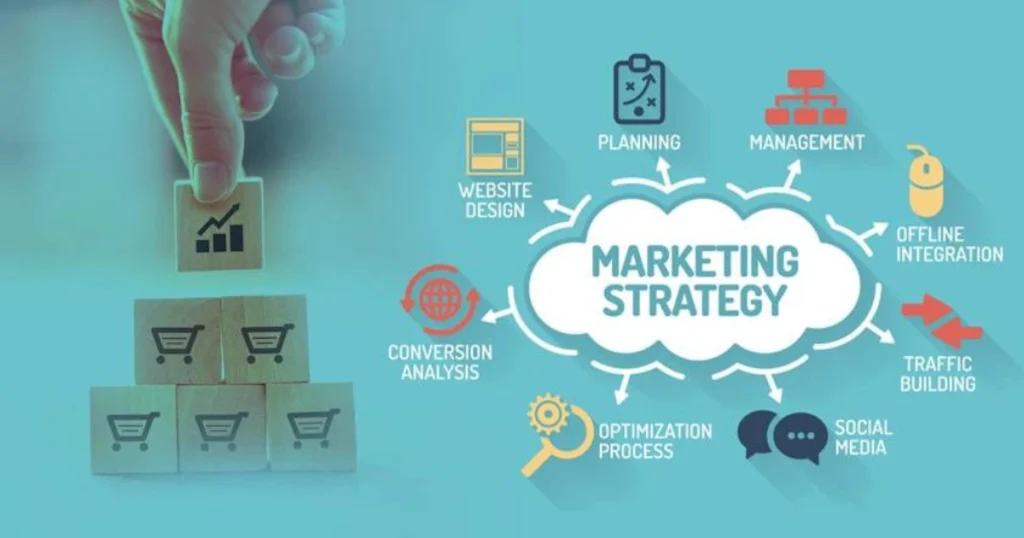Tax Loopholes For Small Businesses
The United States of America is often considered a land of opportunity, especially for entrepreneurs and small business owners. Starting a business in the US is relatively easy, with many resources available to help new businesses get off the ground. However, navigating the complex tax system can be daunting for small business owners. Following are business codes for schedule c. Fortunately, there are several tax loopholes available to help alleviate the burden of taxes for small businesses in the US. What are Tax Loopholes? Tax loopholes are provisions in tax laws that allow individuals or businesses to reduce their tax liabilities. These loopholes can be intentionally created by lawmakers to incentivize certain behaviors, such as investing in specific industries or promoting economic growth. They can also arise unintentionally due to vague language or loopholes in the tax code. Common Tax Loopholes for Small Businesses Understanding Tax Planning vs. Tax Evasion While tax loopholes may seem like a way to avoid paying taxes, it’s important to understand the difference between tax planning and tax evasion. Tax planning involves using legal strategies and loopholes to reduce one’s tax liability, whereas tax evasion is the illegal act of not reporting or underreporting income in order to avoid paying taxes. Small businesses should consult with a trusted accountant or tax professional when utilizing tax loopholes to ensure they are complying with tax laws and avoiding any potential legal consequences. How much can I claim without receipts? The amount that can be claimed without receipts varies depending on the specific tax loophole being used. For example, business expenses typically require proof of purchase in order to be deducted. However, deductions such as the home office deduction may have a flat rate or allow for a certain percentage of expenses to be claimed without receipts. It is always best practice to keep detailed records and receipts for all business expenses, regardless of the potential for claiming them on taxes. What expenses can I claim on tax? Small businesses can typically claim any expenses that are necessary and ordinary for running their business. This includes but is not limited to: Small business owners need to keep track of all expenses and consult with a tax professional to determine what can be claimed on their taxes. Can I claim my laptop on tax? Yes, small business owners can claim their laptop as a business expense on their taxes if it is necessary for running their business. However, the amount that can be claimed may depend on the specific tax loophole being used and whether any personal use is also included in the laptop’s usage. It is important to keep detailed records and consult with a tax professional when claiming technology expenses on taxes. Can you claim a phone on tax? Yes, small business owners can claim their phone as a business expense on their taxes if it is necessary for running their business. This can include the cost of purchasing a new phone or monthly service fees. However, similar to claiming a laptop, the amount that can be claimed may vary depending on the specific tax loophole being used and any personal use of the phone. Frequently Asked Questions Q1: Can I claim my car expenses on taxes if I use it for my business? Yes, small business owners can claim car expenses as a business expense if the car is used for business-related activities. This can include travel to meet clients, delivery of goods or services, or any other business-related errands. It is important to keep detailed mileage logs and receipts for all car-related expenses. Q2: How much can I deduct for my home office expenses? The amount you can deduct for home office expenses depends on the size of your home office about your entire home. Generally, you can deduct a percentage of your rent or mortgage, utilities, and other related expenses equivalent to the percentage of your home used for your office. Q3: How often can I claim business expenses on my taxes? Business expenses are typically claimed on your annual tax return. You should keep detailed records of all expenses throughout the year to ensure you have the necessary documentation when it’s time to file your taxes. Q4: What is the Qualified Business Income (QBI) deduction? The QBI deduction allows eligible small business owners to deduct up to 20% of their qualified business income from their taxable income. This deduction was introduced by the Tax Cuts and Jobs Act of 2017 and is available to certain pass-through entities, including sole proprietorships, partnerships, and S corporations. Q5: Can I hire a family member and deduct their wages as business expenses? Yes, hiring family members can be a legitimate tax strategy for small businesses. Wages paid to family members are typically tax-deductible as business expenses. However, the wages must be reasonable for the work performed, and all standard employment laws and regulations must be followed. Conclusion Tax loopholes can be a valuable tool for small businesses looking to reduce their tax burden. However, it’s important to understand the difference between legitimate tax planning and illegal tax evasion. By staying informed about available tax loopholes and working with trusted professionals, small business owners can take advantage of these opportunities to help their businesses thrive. So, it is always advisable for small business owners to stay updated with the latest tax laws and consult tax experts to ensure they are taking advantage of all available loopholes while remaining compliant with tax regulations.
Tax Loopholes For Small Businesses Read More »




